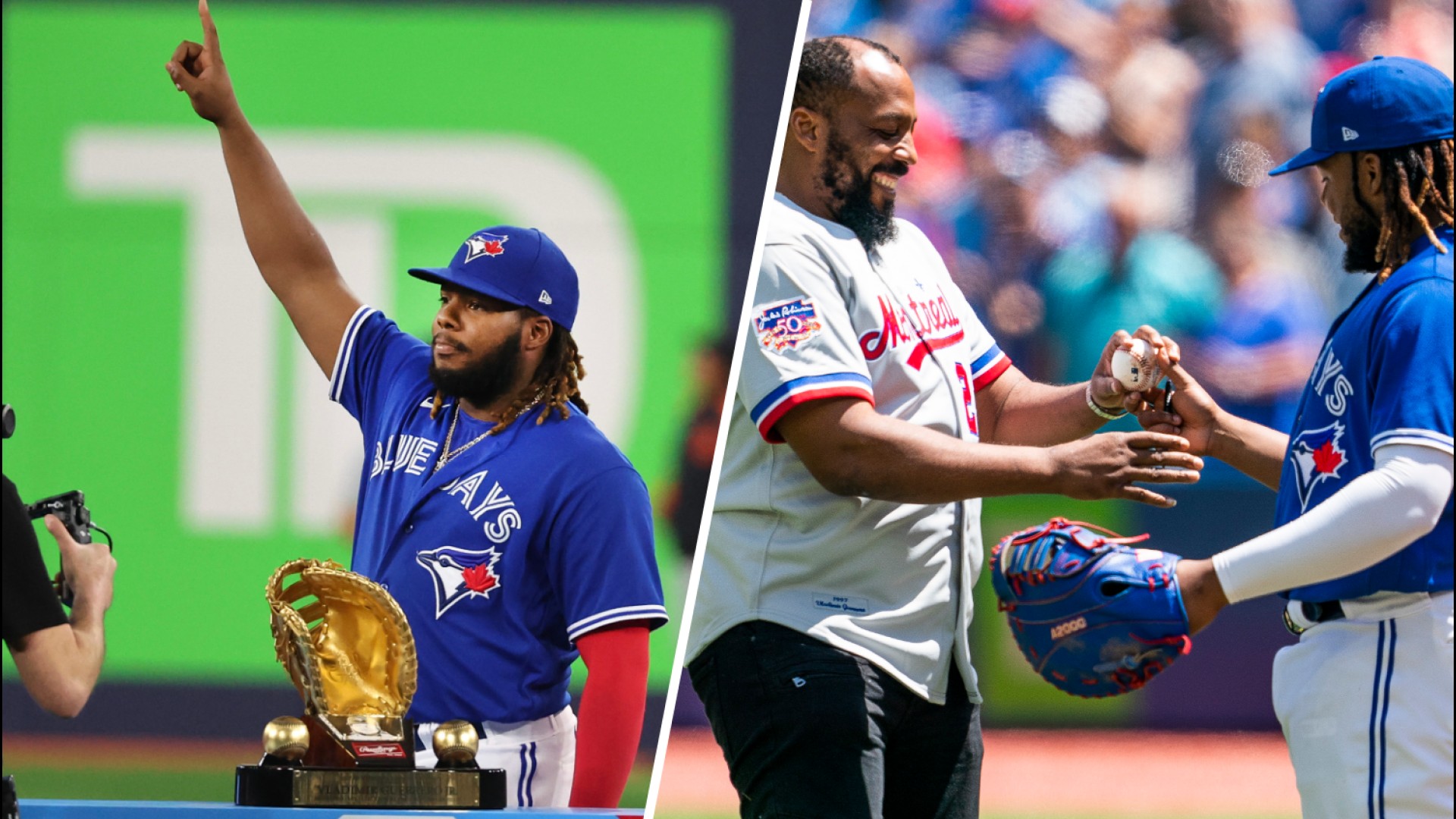
A pair of interesting NHL economics lessons for this afternoon.
The first comes from The Puck Stops Here, which opines that the salary cap space for contending teams can be a indication of postseason success, depending on what they do with it at the trade deadline. Please recall the Carolina Hurricanes adding Doug Weight and Mark Recchi before winning their only Stanley Cup a few years back. This year's models, according to TPSH:
The Dallas Stars currently project to have over $4 million salary cap room left at the end of the season. However, this number is probably not reality. They have this room because Sergei Zubov and his $5.35 million salary cap hit are on the long term injury reserve. When Zubov returns their available cap space should be used up. That leaves the New Jersey Devils as the potential contender with the most salary cap space free. They project to having over $2 million cap space available with no long term injury reserve players. When only about a quarter of the season remains at trade deadline time this might allow them to add over $8 million in payroll to beef up for a cup run.
TPSH floats the names Jay Bouwmeester and Marian Gaborik as potential acquisitions, and there's no question a defensive rock like Bouwmeester could be a transformative figure for the Devils' tissue-paper blueliners.
But if we're talking teams on the cusp of the postseason that could easily add salary (if they so desire) in an attempt to become contenders, how about the Buffalo Sabres (currently at $6.8 million) and the Columbus Blue Jackets ($7.38 million)? Both franchises are better known as sellers than buyers, but they have the space.
Meanwhile, Lyle "Spector" Richardson of Fox Sports (and our own live rumors chats) has a sobering look at the NHL's future during our global economic downturn.
Sports
I agree that individual ticket sales and "walk-ups" are going to be affected negatively, but disagree that concession sales are an area of concern. You get inside the arena, the kids start whining for a hot dog or you start craving a brew, and price isn't a consideration. Unless you've done your pre-planning (bags of popcorn for the kids, a flask for yourself).
Changes to next year's salary cap, however, are a major consideration if revenue slows for the NHL. And Spector pulls no punches about its implications:
If, however, next season's salary cap should plateau or even decline as Melnyk forewarns, there won't be as much money available to next summer's crop of unrestricted free agents. That could prompt more UFAs to re-sign with their current teams over the course of this season rather than risk not getting a better deal on next year's open market.
It could also result in more teams losing depth players they might have otherwise retained, sending them into the welcoming arms of the European leagues, especially Russia's Kontinental Hockey League.
As I said in our coverage of the NHL's deal with Honda, the League should be commended for building a partnership with a global company that hasn't been as impacted by the downturn as other auto manufacturers. Because as Spector writers, there are certainly storm clouds ahead for the NHL and every other professional sports league or entertainment option in the coming year(s).
Sigh. This is why we have Yahoo! pay us in Outback Steakhouse gift cards...



